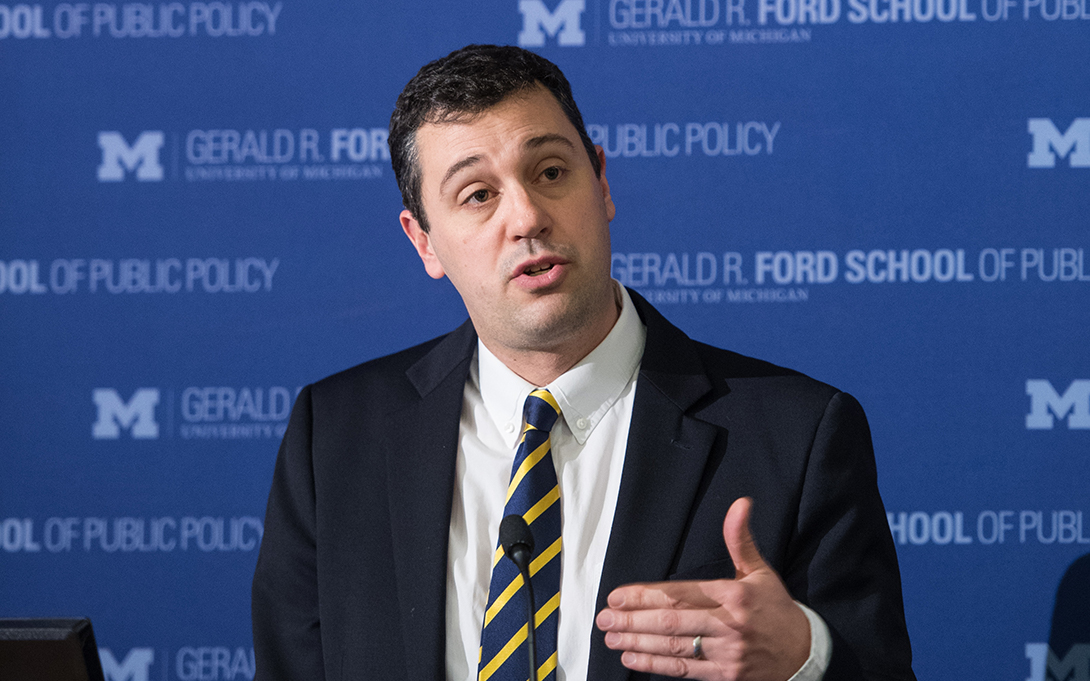
When done well, international tribunals play an integral role in governmental cooperation and the promotion of human rights. But this is a tricky balance, and the costs—both in financial and human capital—are high. To explore the success of such courts in prosecuting Cambodia’s Khmer Rouge, The Republic’s Grant Peck consulted Ford School Professor John Ciorciari for his November 17, 2018, piece “Experts weigh the record of Cambodia’s Khmer Rouge tribunal.”
The cost of the nine-year trial of leaders of the Khmer Rouge was staggering, and only three people were convicted. When asking whether this makes such international tribunals worth it, Peck looks into the functions of such courts like the Extraordinary Chambers in the Courts of Cambodia (ECCC). This cooperation allows for cultural understanding and efficiency, but it also necessitates good will between countries, which can be exceedingly unreliable.
Ciorciari, who researches hybrid courts and co-authored a book about this tribunal, compares hybrid courts to attempting to co-drive a vehicle. “Hybrid courts require domestic and international partners to share the steering wheel,” he states, nothing that they need proper communication in order to head in the same direction. He continues the metaphor, stating that when mixed tribunals are able to work synergistically, they “can help fill gaps in otherwise frail domestic systems. When interests clash, these efforts to share sovereignty are prone to crash.”
Read the article on The Republic.
John D. Ciorciari is an associate professor of public policy and director of the Ford School's International Policy Center. He is an Andrew Carnegie Fellow and a senior legal advisor to the Documentation Center of Cambodia, and the co-author of Hybrid Justice: The Extraordinary Chambers in the Courts of Cambodia (University of Michigan Press 2014).